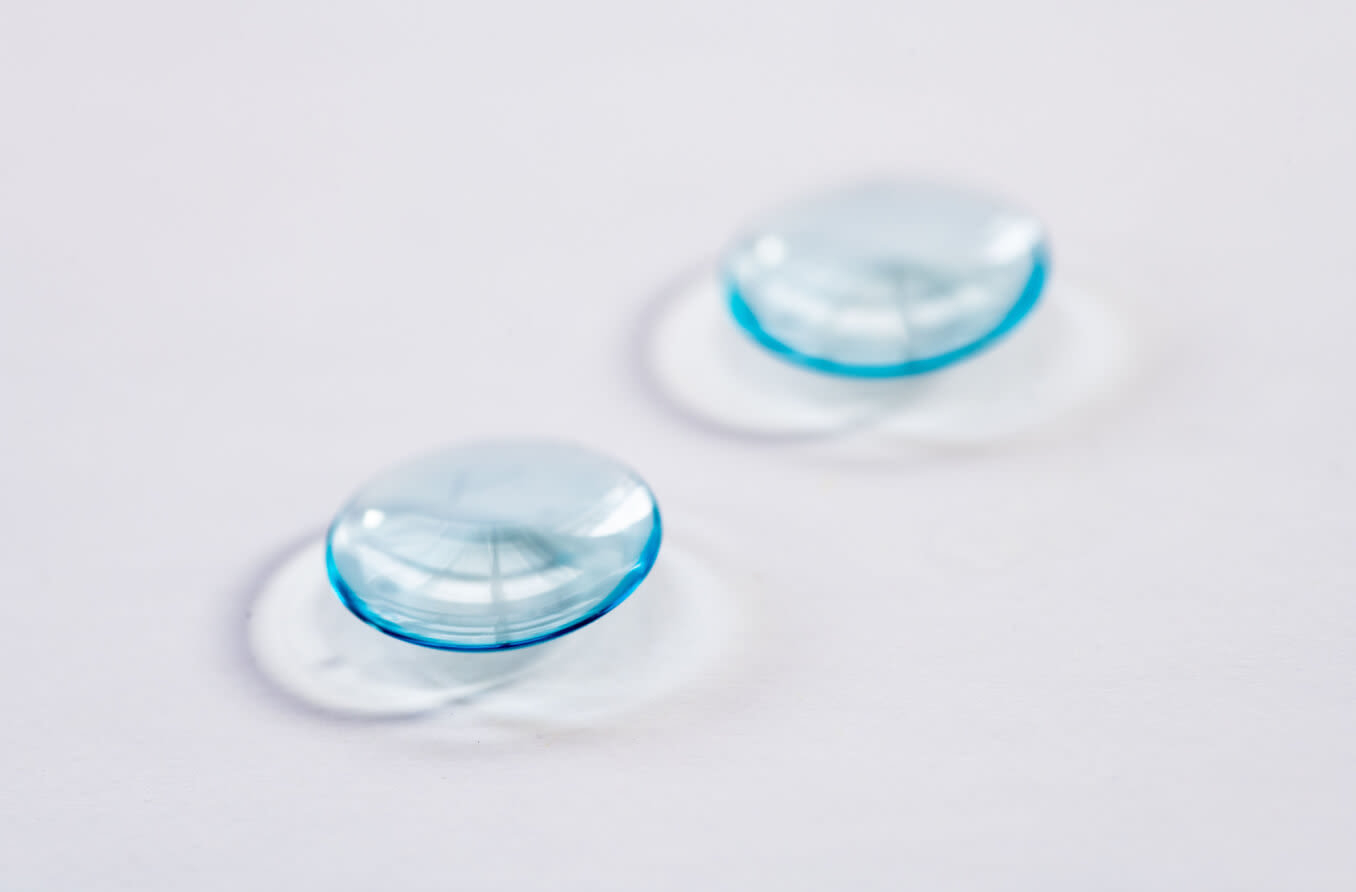Contact lenses: A guide for first-time users

When you’re learning to ride a bike or drive a car, it takes time and practice to get the hang of it. The same is true of wearing and caring for contact lenses.
Yes, adjusting to all the rules surrounding contact lenses can be frustrating. How do I put these things in? Am I really not supposed to swim with my contacts in? What’s this about not rinsing my contacts with tap water?
But once you’ve mastered the rules, it’s easy to see why millions of other people around the world have ditched their glasses in favor of contacts.
Follow this beginner’s guide to contact lenses to get a clear idea of what’s in store for you.
This advice generally covers both soft and hard contact lenses as well as daily and extended-wear contacts, although care suggestions may vary based on which type of lenses you use.
LEARN MORE about the proper care of your contact lenses.
How to take care of your contacts and your eyes
Proper care of your contacts can help maintain healthy eyes and can prolong the life of your contacts.
Here are eye care recommendations courtesy of the University of Iowa Hospital & Clinics, the American Academy of Ophthalmology, AccuWeather.com and the U.S. Centers for Disease Control and Prevention (CDC).
Clean your contact-lens storage case in warm soapy water at least once a week. Rinse it thoroughly and wipe it dry using a clean tissue.
Replace your contact-lens storage case at least every three months, or as recommended by your eye care professional.
Remove your contacts — and don’t put them back in — if you’re experiencing unusual redness, constant pain or discomfort, vision changes, sensitivity to light, excessive tearing or strange eye discharge. Visit your eye care professional to get the problem diagnosed.
Don’t wear contacts when you’re ill, even if it’s just a cold. When you’re sick, germs can spread from your hands to your eyes when you’re putting in or removing contacts.
Remember to blink. Regular blinking helps keep your lenses clean and moist.
Put rewetting drops in your eyes as recommended by your eye care professional to prevent your eyes and contacts from drying out.
Get rid of contact-lens solution one month after you’ve opened it, even if there’s some solution left.
Use only sterile saline solution for rinsing, but don’t use it for cleaning and disinfecting your contacts. Rewetting drops also shouldn’t be used as a disinfectant. Never reuse contact-lens solution.
Keep your fingernails short to prevent accidentally scratching your eyes or damaging your contacts while putting the lenses in or taking them out.
Be sure you’ve got an up-to-date pair of backup glasses or contact lenses in case something happens to the contacts you’re wearing.
Don’t wear your contacts while sleeping unless your eye care professional says it’s OK.
Avoid swimming or showering while wearing contacts unless, in the case of swimming, you’re wearing goggles. Exposing your eyes to water when your contacts are in can cause eye infections.
Never clean or moisten contact lenses with saliva from your mouth. This can add germs to the contacts.
Don’t use tap water to soak or rinse your lenses. This might lead to an eye infection.
SEE RELATED: Contact lens do's and don'ts.
Page published on Wednesday, 26 February 2020






